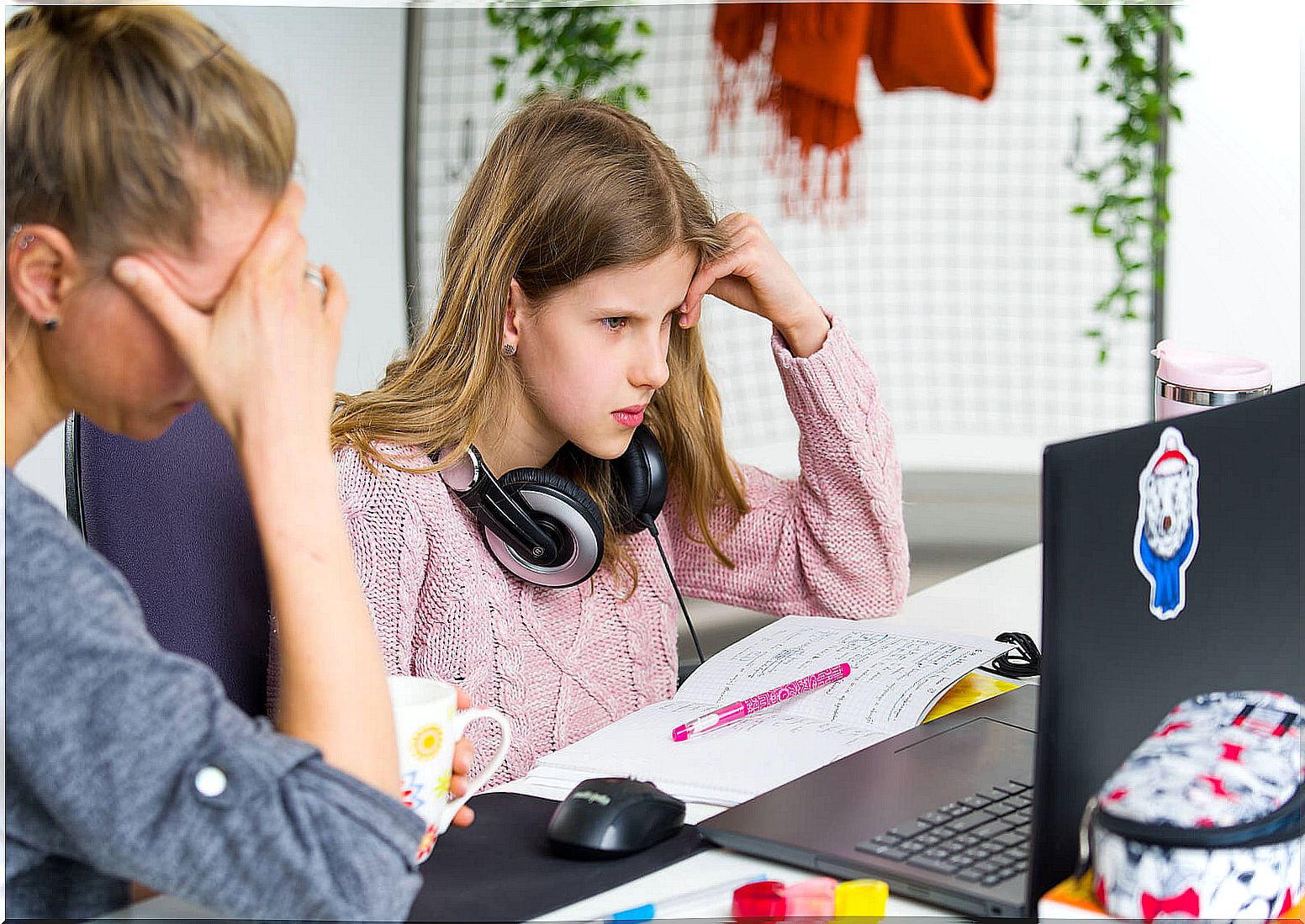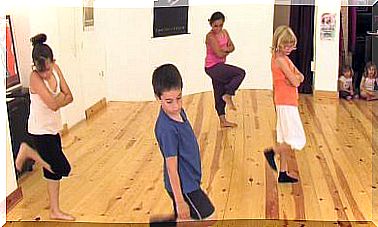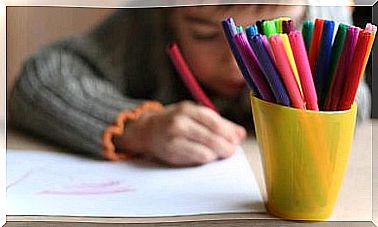How To Help A Teenager With Learning Disabilities

Learning disabilities can be a serious blow to a teenager’s self-esteem. At this stage, socializing and looking “cool” in front of others is essential. So if they have learning disabilities, they can quickly become frustrated and think it’s not worth the effort because they won’t get better anyway.
Obviously, this is not true. As a parent, you should keep in mind that by helping an adolescent with learning disabilities correctly, they can improve their development capacity. At the same time, he will be able to achieve the objectives that are adapted to him in any case.
Talk about what happens to him
More than anything, teens want to be “normal. ” Why else would they wear the same style of clothing, the same slang, go to the same movies, and listen to the same music as their peers? In all likelihood, your child does not want to be classified as “the fool”, “the one who doesn’t understand”, “the one with learning disabilities …”. He just wants to fit in and be accepted in society.

When discussing a diagnosis with your teenager, you may find that their first response is truly a relief. Now you know why a particular skill or topic was causing you problems. For this reason, the first step in helping your adolescent with learning disabilities is to tell him exactly what is happening and why.
It is also beneficial to tell him that there are many more adolescents who are in his situation and who also work hard every day to be able to advance in their learning. A good idea is to reach out to these types of people and families to help you on what you should or should not do to improve.
Help your teenager with learning disabilities
That being said, it’s still hard to know that you are different, especially for teenagers. Here are some ways you can help your child cope with his diagnosis. Remember that it is very important to speak to them tactfully and understand their emotions at all times.
Individual therapy for learning disabilities
Some families put their teens in individual therapy for a short time after they are diagnosed, in part to provide emotional support for this “difference.” A good therapist will help a teenager focus on his strengths and weaknesses in a way that allows him to accept what he will face for years to come.
The psychologist at your child’s school may be willing to meet with a student for a few sessions or may refer them to an outside source that is affordable. If necessary, you can speak directly with this professional to see what kind of help they could offer you to deal with this situation in the best possible way.
Support groups for learning disabilities
Some schools organize support groups for children with learning disabilities, and this type of support can be very beneficial for teens. If your child’s school doesn’t provide this kind of ongoing support, ask for a referral to a place that does.
You, as a parent, may also be overwhelmed by this news. When you find a support group for your teen, ask if there are resources for parents.

You can also find a special committee dedicated to working on additional services for students with learning disabilities at your local school or other services. Any group you find will link you with parents, who can provide useful information.
Consult the resource directory
Check out the resource directory for national organizations specializing in learning disabilities. Through them, you will be able to obtain information on the subject.
You can also get a referral to local resources in your area. There are parenting seminars on a wide variety of topics. In this sense, once you know what type you are interested in, you will only have to organize the information.
With these tips it will be much easier to help a teenager who has learning disabilities. In this way, you can avoid that, because of this, you may have self-esteem problems.
With this in mind, you can be motivated enough to advance your training and learning without feeling less than anyone else. Each person is unique and unrepeatable with their own idiosyncrasies!










